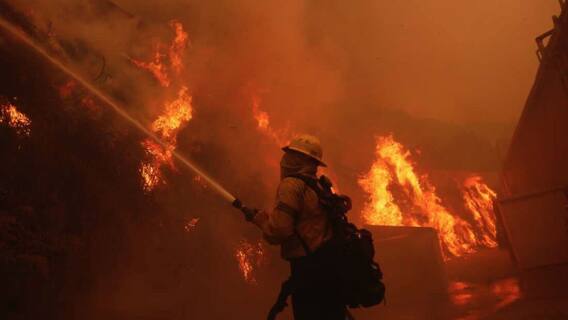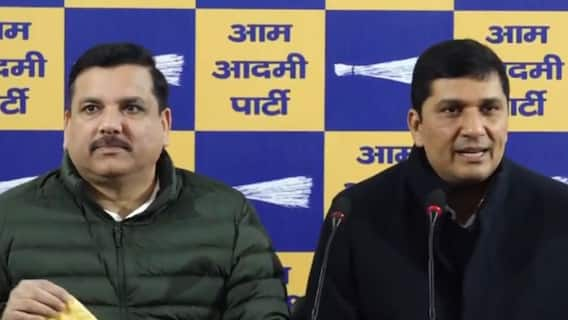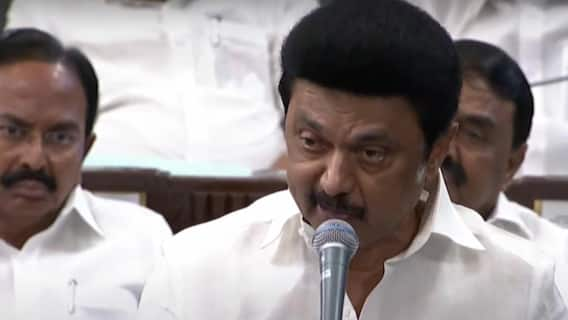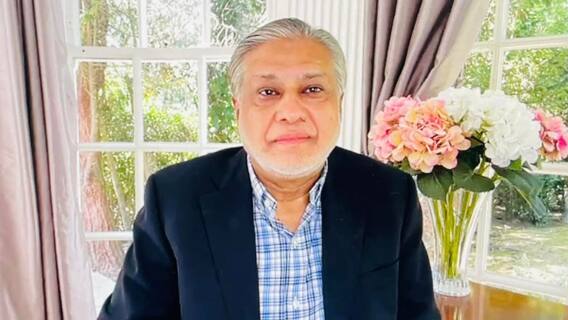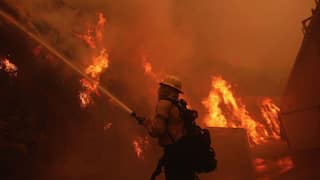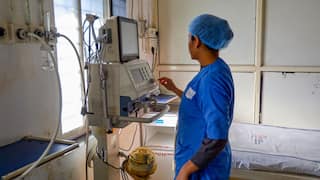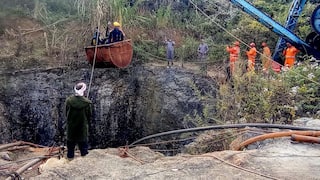More hospitalizations for heart failure patients in winter

New Delhi [India], Jan 3 (ANI): Drastic change in temperature and atmospheric pressure is closely related to rate of hospitalization and death in elderly patients with heart failure.
Numerous studies over the years have shown that hospitalization and mortality rates for heart failure patients are higher during the winter.
'Heart failure' is a chronic (long-term) coronary artery disease (CAD) which, despite its literal connotation, doesn't mean that the heart has failed and is about to stop working, rather it is a potentially life-threatening condition where the heart is unable to pump enough blood as required by the body.
Low temperatures can cause blood vessels to narrow, restricting the flow of blood through the body and so reducing the amount of oxygen reaching the organs including heart. This means the heart needs to work even harder to continue pumping enough blood and oxygen to the body.
A study shows that exposure to cold or high-pressure weather could trigger events leading to hospitalization or death in heart failure patients. There are several reasons to this: During cold weather, smog & pollutants settle on ground leading to chest infections & breathing problems.
During winter, the BP rises and coronary arteries shrink leading to lack of blood supply. As sweating doesn't occur, the extra water gets accumulated in lungs leading to failure symptoms. Finally, due to weather change, various respiratory infections are also more common.
As observed by Dr. Sundeep Mishra, Professor of Cardiology, AIIMS, New Delhi, "There is a higher risk of mortality in the winter seasons than in the summer seasons. We have also seen an increase in the number of cases reported on heart failure, especially at night. The aim of long term treatment is to prevent these acute exacerbations, as each episode can be potentially life threatening. As the weather becomes colder, we see a surge in hospitalization related to heart failure."
The cold weather can create unfavourable environment for heart patients, especially for people who are above the age of 50 or have had a history of heart problems, diabetes and hypertension.
Additionally, the risk of heart failure in existing cardiac patients is nearly 4-5 times more during the winter season. Symptoms usually indicative of heart diseases are commonly ignored during winters-unusual gastric problems, profuse sweating, and any pain that lasts for more than 15 minutes.
Despite obvious symptoms of heart failure, sometimes, physicians are unable to diagnose the impending or worsening heart failure as symptoms are often confused with chills due to cold weather and no one doubts what's happening. Commonly, these symptoms start slowly, with mild pain or discomfort. At this point, often individuals affected aren't sure what's wrong with them and may wait too long before getting help.
People even confuse heart failure with heart attack. The fact of the matter is that both are entirely different disease conditions, with the only possible link being that a prior heart attack can possibly lead to the onset and build-up of heart failure but not all heart failure is from heart attack.
Ignoring heart failure can be very risky as people living with undiagnosed and untreated heart failure face a high risk of sudden death and poor quality of life.
Recently published International Congestive Heart Failure (INTER-CHF) study revealed that cardiac deaths accounted for 46 percent of deaths at one year in patients with heart failure in India, as compared to non-cardiac causes that led to 16 percent deaths.
-Take care of your heart during winter
"The increasing awareness of this 'winter effect' may lead to more attention to symptoms. People with weak heart should be particularly careful during winter season. Though, they should continue to exercise regularly, they should modify their timings to avoid extreme weather," said Mishra.
"Salt and water intake should be reduced as there is no loss to sweating. Regularly monitor BP and if detected high, should be properly treated. Avoiding infections is another important aspect and before the onset of the season, influenza and pneumonia vaccines should be taken to prevent chest infections. If symptoms of infections are seen they should be promptly treated with proper use of antibiotics," he concluded. (ANI)
This story has not been edited. It has been published as provided by ANI
Trending News
Top Headlines








